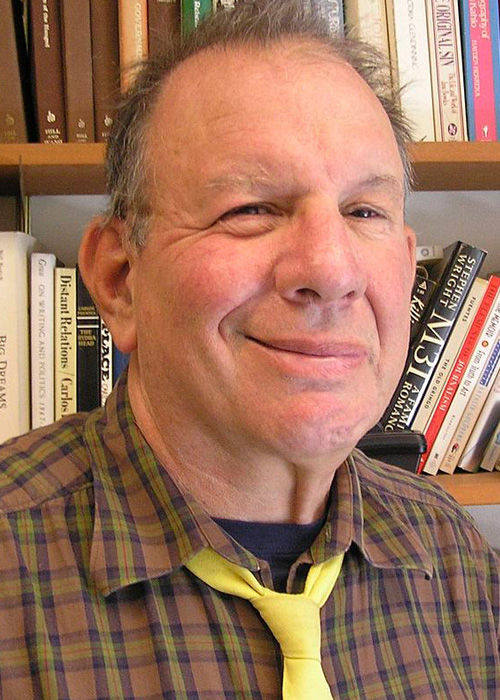What’s in a word or a phrase? Sometimes words reflect huge worlds. The annual northern California “Wine and Weed Symposium” isn’t scheduled until Aug. 8, 2019, but George Christie, the producer of the event, is already publicizing it. This year it will take place, as usual, at the Hyatt Regency in Santa Rosa, with panels, speakers, food, information and networking galore.
Christie wasn’t the first person to use the word “weed” to refer to the cannabis plant and to cannabis products: salves, tinctures, edible and more. But he has popularized “weed” through his symposium.
“Pot heads” and “stoners” began to use that word a long time ago to describe the “joints” that they smoked to get high and then to eat, laugh, listen to music and sometimes hallucinate. Then, some individuals decided that “weed” was a politically incorrect term.
Christie, 52, wasn’t around in the 1960s. He never lived on a hippie commune and smoked “joints.” Still, he has much of the enthusiasm for weed that the hippies once had, plus much of the passion for Chardonnay and Cabernet that wine industry pioneers have had for decades. Inebriates.
The phrase, “Wine and Weed,” which Christie has popularized, is now bandied about as though the two “inebriates”—as he calls them—have always been together and will be forever in the future.
Not long ago, cultural anthropologists put wine drinkers and pot smokers in two separate, airtight compartments. Recently, they have broken down. These days, wine drinkers enjoy weed and weed smokers enjoy wine. It also wasn’t that long ago that some pot activists insisted that everyone both in and out of the industry had to use the scientific term, “cannabis.”
Christie understands why.
Back in the 1930s, when the federal government first outlawed weed, pot prohibitions called it “Marihuana.” They spelled it with an “h” and not a “j” and meant to demonize it. In the 1936 propaganda film, “Reefer Madness”, young men and women who smoke “marihuana” turn to madness, murder and mayhem.
As Christie points out, the words we have used to describe “weed” have made a big difference in terms of law enforcement and social norms. Fortunately, Christie hasn’t followed the language police and hued to “political correctness.”
If he did, the Wine and Weed Symposium wouldn’t be the success it has been. Admission is $295 with early bird specials. More than a thousand people have attended the event. They have come from all over California, Oregon and the State of Washington. The symposium has brought together grape growers, wine makers, cannabis cultivators, lawyers, real estate and insurance agents and more. It’s the place to see and be seen.
“Before I settled on the name, ‘Wine and Weed,’ I tested it out.” Christie says. “I didn’t want to sound disrespectful to the weed industry. Everyone I asked suggested that I go with “Wine and Weed.”
Christie isn’t a stoner or a head, but rather a recreational user.
“I’m not embarrassed about using weed, but I don’t make a big deal about it,” he says.
As a college student in New Jersey more than three decades ago, he tried wine and liked it. Now, he has a small winery in Dry Creek Valley.
The mission of the first symposium, Christie explains, was to present wine industry representatives with the ABC’s of cannabis. The mission of the second symposium was to show what the cannabis industry could learn from the wine industry. On Aug. 8, 2019, panelists and speakers will focus on the concerns that both industries face.
More than anything else, Christie wants to foster dialogue, especially when there are disagreements.
“It’s true that wine and weed are in competition with one another for consumer dollars,” he says. “It’s also true that wine and weed have a lot in common.”
Christie points out that Constellation Brands, a major international producer and marketer of beer, wine and spirits, has invested in the newly legalized Canadian cannabis industry. He also points out that famed moviemaker, Francis Ford Coppola, is now in the weed business. Indeed, Coppola has partnered with the “Humboldt Brothers,” a company that specializes in cannabis cookies. The apocalypse hasn’t happened, though hurdles loom ahead.
“People have been smoking weed and drinking wine at the same time and in the same place for a long time,” Christie says. “It’s just not legal to do so in pubic.”
That won’t change anytime soon, he suggests.
What has changed dramatically, he says, is that weed is far less stigmatized now then it was in 2016 when the first Wine and Weed Symposium took place. Then, too, people in the wine industry are no longer as afraid of the competition from weed as they once were.
“Whether we’re in wine or in weed we’re in the same neighborhood,” Christie says. “We need to be neighborly.” He adds that, “Wine and weed aren’t going to go away.”
Jonah Raskin, a professor emeritus at Sonoma State University, is the author of Marijuana: Dispatches from an American War, published in French as well as English, and shares story credit for the feature length pot film Homegrown.









